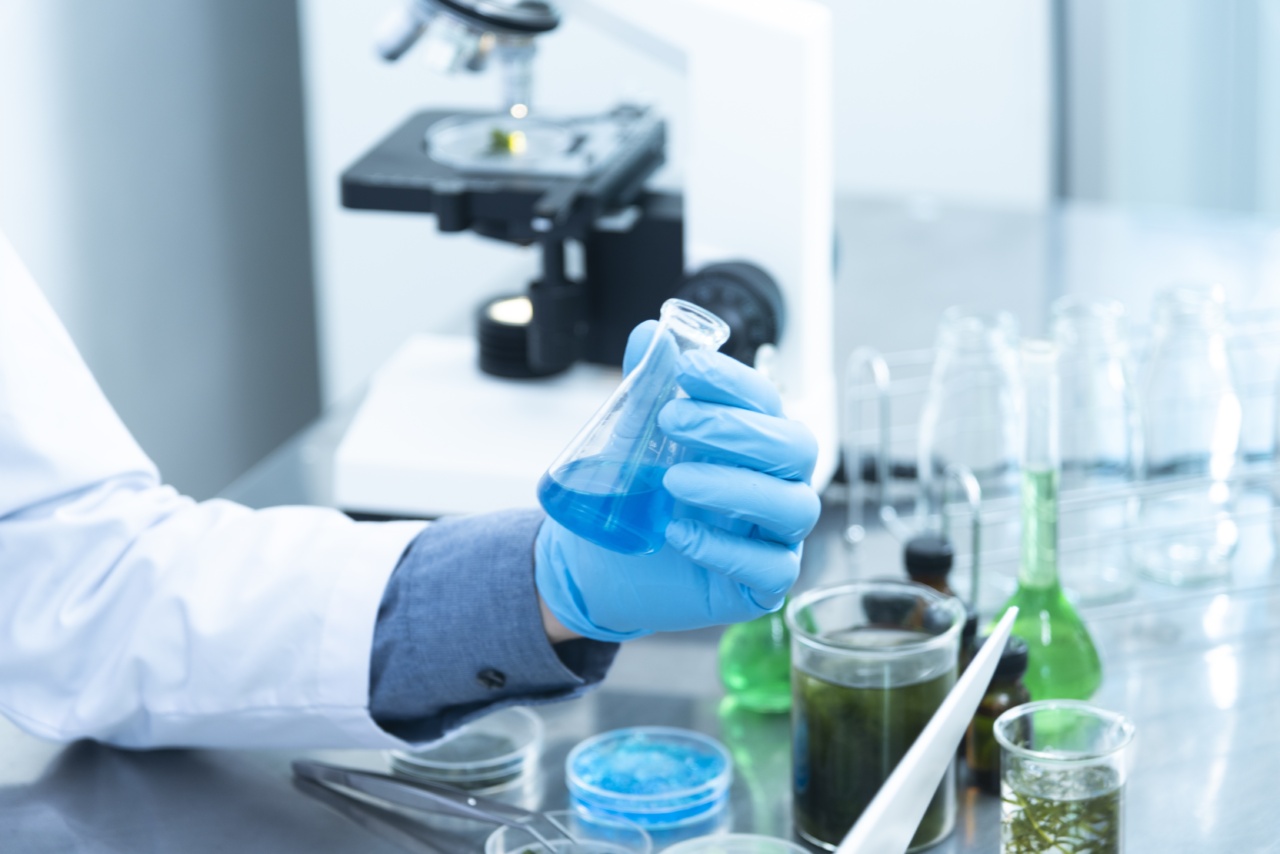Genetic modification of embryos has been a controversial topic in science for many years. A recent announcement from a second scientist has reignited the debate once again.
Professor Julian Savulescu, a bioethicist, has proposed the idea of creating genetically modified babies to prevent inherited diseases.
What is genetic modification of embryos?
Genetic modification of embryos is the process of altering the DNA of an embryo, often with the aim of eliminating certain inherited diseases.
The technique involves using the CRISPR-Cas9 gene editing system to target and edit specific genes in the embryo.
Why is genetic modification of embryos controversial?
There are several ethical and moral concerns that have been raised about genetic modification of embryos.
One of the main concerns is the possibility of creating “designer babies” – babies that have been genetically modified for desirable traits such as intelligence or physical appearance.
Another concern is the potential for unintended consequences – if the edited genes are passed down to future generations, it could have unforeseen and long-lasting effects on the gene pool.
What is Professor Savulescu proposing?
Professor Savulescu is proposing the creation of genetically modified babies to prevent inherited diseases.
He argues that it is unethical to knowingly bring a child into the world who will suffer from a genetic disease when there is a way to prevent it.
He cites the case of a couple who both carry a gene for cystic fibrosis, a genetic disease that affects the lungs and digestive system. If they were to have a child, there is a 25% chance that the child will have cystic fibrosis.
However, if their embryos were genetically modified to remove the faulty gene, they could have a healthy child without the risk of passing on the disease.
What are the arguments against genetic modification of embryos?
Opponents of genetic modification of embryos argue that it is playing God and that we should not manipulate the genes of future generations.
They also point out that there are alternative ways to prevent genetic diseases, such as pre-implantation genetic diagnosis (PGD).
PGD is a technique that involves screening embryos for genetic diseases before they are implanted in the womb. Only healthy embryos are then selected for implantation.
Critics argue that this is a less invasive and more reliable way to prevent genetic diseases than genetic modification of embryos.
What are the benefits of genetic modification of embryos?
Genetic modification of embryos has the potential to eliminate many hereditary diseases that currently have no cure. It could also reduce the number of embryos that are discarded during the IVF process because of a high risk of genetic disease.
It could also lead to advances in medical research and the development of new treatments for genetic diseases.
What are the potential risks of genetic modification of embryos?
There is a risk of unintended consequences, such as off-target effects where the CRISPR-Cas9 system edits the wrong genes or produces new mutations.
There is also the risk of creating social inequality – if only the wealthy can afford genetic modification of embryos, it could create a genetic divide between the rich and poor.
Finally, there is the potential for genetic modification of embryos to be misused for unethical purposes, such as creating “designer babies” or genetically modified soldiers.
What is the current regulatory environment for genetic modification of embryos?
The regulatory environment for genetic modification of embryos varies by country.
In the UK, the use of genetic modification of embryos for experimental purposes is allowed, but it is illegal to implant genetically modified embryos into a woman’s womb.
In the US, the regulatory environment is more complicated. The FDA has not yet approved the use of genetic modification of embryos for clinical purposes, but it has not banned it either.
The National Academy of Sciences has recommended a cautious approach and called for additional research on the risks and benefits of genetic modification of embryos.
What does the future hold for genetic modification of embryos?
The debate over genetic modification of embryos is likely to continue for many years. While there are certainly benefits to the technique, there are also significant risks that need to be addressed.
As technology advances and our understanding of genetics improves, it is likely that the regulatory environment will change, and new guidelines will be put in place to govern the use of genetic modification of embryos.
Ultimately, the decision on whether to use genetic modification of embryos will need to balance the potential benefits against the moral and ethical concerns, and take into account the potential risks and unintended consequences of the technology.































